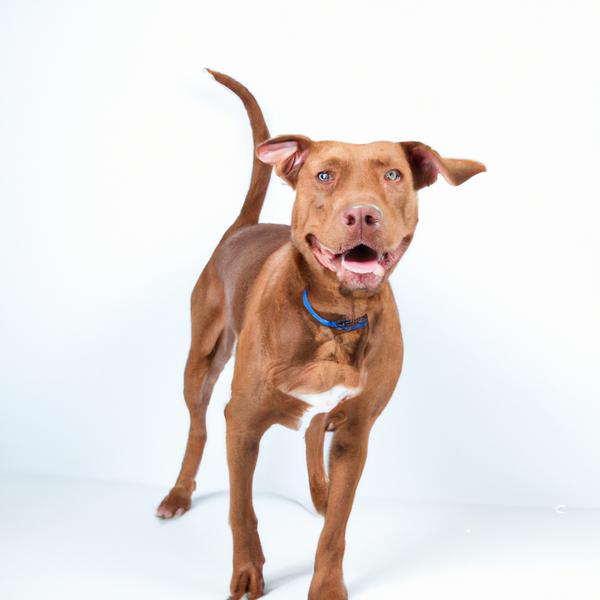Doxie-Pit vs. Schipperke: Breed Differences and Similarities
Hypoallergenic
Are Doxie-Pits or Schipperkes hypoallergenic, or neither?
Unfortunately, neither Doxie-Pit nor Schipperke are hypoallergenic, which may not make them the best choice for dog lovers who suffer from pet allergies.
Temperament
What are the personalities of Doxie-Pit and Schipperke dogs?
Playful
Stubborn
Clownish
Courageous
Intelligent
Friendly
Affectionate
Obedient
Loyal
Devoted
Lively
Strong
Willed
Aggressive
Clever
Agile
Curious
Fearless
Intelligent
Confident
Faithful
Independent
Shedding Level
Do Doxie-Pits shed more than Schipperkes, or which breed sheds more, Doxie-Pits or Schipperkes?
Doxie-Pits are low shedding dogs, requiring minimal coat care.
Schipperkes are moderate shedders, but regular brushing can reduce shedding and maintain coat health.
Origin
What is the origin of Doxie-Pit and Schipperke dog breeds?
United States
Belgium
Ancestry
What are the origins of Doxie-Pit and Schipperke breeds?
American Pit Bull Terrier, Dachshund
sheepdog
Date of Birth
When were Doxie-Pit and Schipperke breeds first developed?
2000s
1600s
Eye Color Possibilites
What are the eye colors of Doxie-Pit and Schipperke dogs?
Brown
Brown
Nose Color Possibilites
What are the natural nose colors of Doxie-Pit and Schipperke?
Black
Brown
Black
Coat Color Possibilites
What are the natural colors of the coat for Doxie-Pit and Schipperke breeds?
Fawn
Brown
Brindle
Black
Cream
Brown
Blue
Coat Length
What is the typical coat length for Doxie-Pit and Schipperke breeds?
Doxie-Pits have short coats.
Schipperkes have medium-length coats.
Coat Density
What is the density of the coat of Doxie-Pit and Schipperke?
Coat Texture
What is the hair texture of Doxie-Pit and Schipperke?
Straight
Litter Size
What is the usual litter size for Doxie-Pit and Schipperke?
A Doxie-Pit can have a litter of 4-8 puppies on average. However, it's worth noting that the size of the litters can vary greatly. Factors that can influence litter size include the health of the mother, breeding history, and genetics.
A Schipperke can have a litter of 13-15 puppies on average. However, it's worth noting that the size of the litters can vary greatly. Factors that can influence litter size include the health of the mother, breeding history, and genetics.
Adaptability
Doxie-Pits are known for their adaptability and can adjust well to different environments and lifestyle changes.
Schipperkes are highly adaptable and versatile, making them excellent companions for families and individuals of all lifestyles.
Health Issues
Between Doxie-Pit and Schipperke, which breed is more prone to health problems?
Doxie-Pit and Schipperke breeds are generally considered to be healthy. However, like all breeds, they are susceptible to certain health issues and it is important to keep an eye out for them and address them with your veterinarian as needed.
Major Concerns
What are the major health concerns for Doxie-Pit and Schipperke breeds?
Intervertebral Disc Disease
Hip Dysplasia
Legg-Calve Perthes Disease
Usually A Very Healthy Breed
Minor Concerns
What minor health issues should be kept in mind when owning Doxie-Pit and Schipperke?
Patellar Luxation
Elbow Dysplasia
Demodicosis
Cataracts
Glaucoma
Hypothyroidism
Entropion
Epilepsy
Legg-Calve-Perthes Disease
Occasional Tests
What occasional tests are recommended for Doxie-Pit and Schipperke breeds?
Eye Examination
Physical Examination
Radiographs
Eye
Hip
X-Rays
MRI
Eye Examination
Social Needs
Doxie-Pit vs Schipperke social needs comparison
Doxie-Pit has above average social needs and thrives with interaction with humans and other dogs.
Schipperke has average social needs and is less independent than other breeds.
Sleeping Need
Which of the two sleeps the most/least: Doxie-Pit or Schipperke?
Doxie-Pits have moderate energy levels and typical sleep patterns of 12-14 hours per day.
Schipperkes are active and require sufficient sleep to stay healthy.
Mouthiness
Mouthiness Comparison: Doxie-Pit vs Schipperke?
Roaming urge
Doxie-Pit vs Labrador: Running away tendency?
Prey Drive
Doxie-Pit or Schipperke - which breed has a higher level of prey drive?
Past times
What are some enjoyable activities and ways to keep Doxie-Pit and Schipperke entertained?
Playing fetch, Going for walks, Cuddles, Chase, Sleeping in, Chewing on toys, Go to Park, Frisbee, Fetch, Swimming, Cuddleing, Dog Parks, Playing, Cuddling, Sleeping, Eating Snacks, Sharing Food, Running, Relaxing, Walking, Tug-of-war, Hide & Seek, Driving, Playdate, Walk, Run, Play, Nap, Snuggling, Tug-a-war
Walks, "Love fests", More walks, Sniffing, Training, Play, Walk
Activity Level
Which breed has higher energy, Doxie-Pits or Schipperkes?
Doxie-Pits are high-energy dogs. They need mental as well as physical exercise. These dogs require a lot of your involvement and without it they can, and will, become problematic dogs.
Schipperkes are medium-energy dogs and typically enjoy socializing and playing casual or even sustained games of chase with other dogs. They may also have occasional periods of barking or racing around the house.
Tolerance of being left alone
Walks per Week
How many miles should Doxie-Pit or Schipperke walk each week?
There's really no limit to how far you walk your dog as long as they're comfortable. For Doxie-Pit, it's at least 11 miles / week. Just remember to build distance and stamina gradually over time.
There's really no limit to how far you walk your dog as long as they're comfortable. For Schipperke, it's at least 7 miles / week. Just remember to build distance and stamina gradually over time.
Activity per Day
Do Doxie-Pits or Schipperkes require more exercise?
In general most Doxie-Pits usually need at least 120 minutes of exercise daily. This can be spread across the day and include all sorts of high-energy activities, like walking, running and playing.
In general most Schipperkes usually need at least 45 minutes of exercise daily. This can be spread across the day and include all sorts of high-energy activities, like walking, running and playing.
Grooming
Which breed is easier to maintain in terms of grooming, Doxie-Pits or Schipperkes?
Doxie-Pit and Schipperke are breeds of dogs that are known for their low grooming needs.
Brushing Frequency
What is the recommended brushing frequency for Doxie-Pit and Schipperke dogs?
Doxie-Pit and Schipperke should be brushed at least once a week. Of course, you can give them more frequent brushes if you find that they are still shedding a lot.
Brushing Tools
What brushing tools are used for Doxie-Pits and Schipperkes?
Slicker Brush
Comb
Nail Clipper
Pin Brush
Slicker Brush
Comb
Nail Clipper
Cups
How much food should be given to Doxie-Pit or Schipperke in cups?
For an average 20-30 pound (9 - 14 kg) Doxie-Pit feed 3 cups daily. But, keep in mind, the amount you feed is going to be dependent on the quality of the food you are feeding.
For an average 12-16 pound (5 - 7 kg) Schipperke feed 0.8 cups daily. But, keep in mind, the amount you feed is going to be dependent on the quality of the food you are feeding.
Daily Cost
Which breed has a higher daily cost, Doxie-Pit or Schipperke?
The average cost of a Doxie-Pit is somewhere $1.70 - $2.00 per day.
The average cost of a Schipperke is somewhere $1.10 - $1.40 per day.
Monthly Cost
Which breed has a higher monthly cost, Doxie-Pit or Schipperke?
The average per month expenses of a Doxie-Pit is between $48 - $49. This makes an average of $576 - $588 per year. It will be on the higher side when the dog is still small because it will need more frequent visits to the vet, shots.
The average per month expenses of a Schipperke is between $35 - $42. This makes an average of $420 - $504 per year. It will be on the higher side when the dog is still small because it will need more frequent visits to the vet, shots.
Sensitivity Level
How do Doxie-Pit and Schipperke compare in sensitivity?
These breeds are more sensitive than others and easily overwhelmed by new surroundings and people. Doxie-Pit and Schipperke need gentle handling and a calm, stable home environment with positive reinforcement training.
Apartment Friendly
Which breed is more apartment-friendly: Doxie-Pit or Schipperke?
Doxie-Pits are good apartment dogs as long as they get enough exercise and stimulation outside of the apartment.
Schipperkes can do well in apartments with enough exercise and time outside, but a small yard would be ideal.
Child Friendly
Do Doxie-Pits or Schipperkes have a friendlier temperament towards children?
Doxie-Pits have an average level of friendliness towards children.
Schipperkes are good with kids if socialized and trained from a young age.
Senior-friendly
Which dog is more suitable as a pet for the elderly - Doxie-Pit or Schipperke?
Cat Friendly
Do Doxie-Pit or Schipperke breeds have a better compatibility with cats?
Doxie-Pits are somewhat cat friendly and can be trained to get along with cats.
Schipperkes are good with cats, but early training is needed to prevent chasing behavior.
Dog Friendly
Which breed is more sociable with other dogs: Doxie-Pit or Schipperke?
Doxie-Pits are less friendly towards other dogs, but can improve with socialization.
Schipperkes are average in their friendliness towards other dogs, and socialization can help.
Pet friendly
How do Doxie-Pit or Schipperke dogs interact with other pets?
Stranger Friendly
Which breed is more friendly with strangers: Doxie-Pit or Schipperke?
Doxie-Pits are averagely friendly around strangers but benefit from early socialisation.
Schipperkes are quick to announce strangers and can be standoffish or suspicious.
Playfulness
Which breed is more playful between Doxie-Pit and Schipperke?
Doxie-Pits are a playful breed that needs daily playtime to be happy.
Schipperkes are very playful, so adopting an older one might be a better option for a more relaxed experience.
Trainability
How do the trainability levels of Doxie-Pits and Schipperkes compare?
Doxie-Pits are popular for their ease of training and quick learning ability.
Schipperkes are usually easy to train but require consistency to fully obey commands.
Compare Doxie-Pit with other breeds
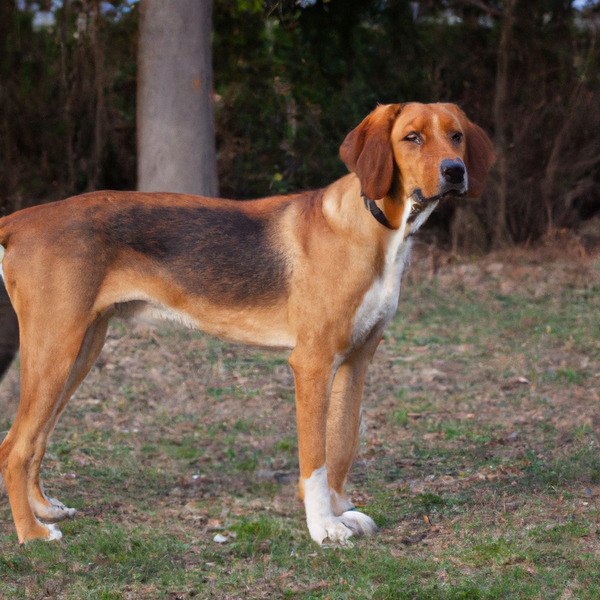
Serbian Hound
Doxie-Pit vs Serbian Hound
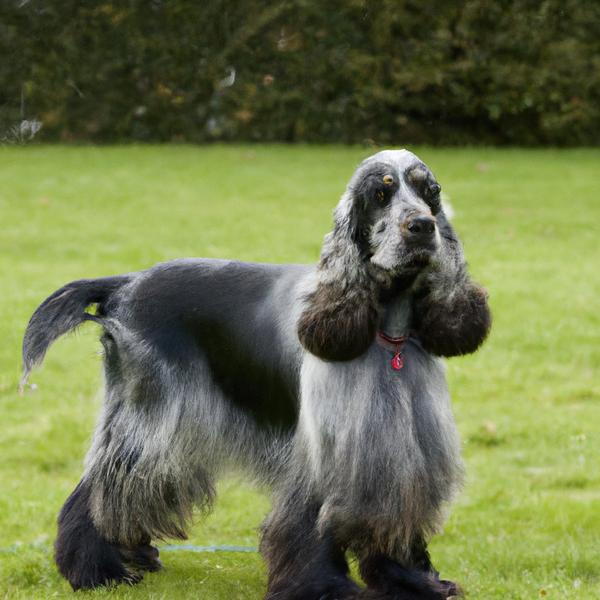
Blue Spaniel
Doxie-Pit vs Blue Spaniel
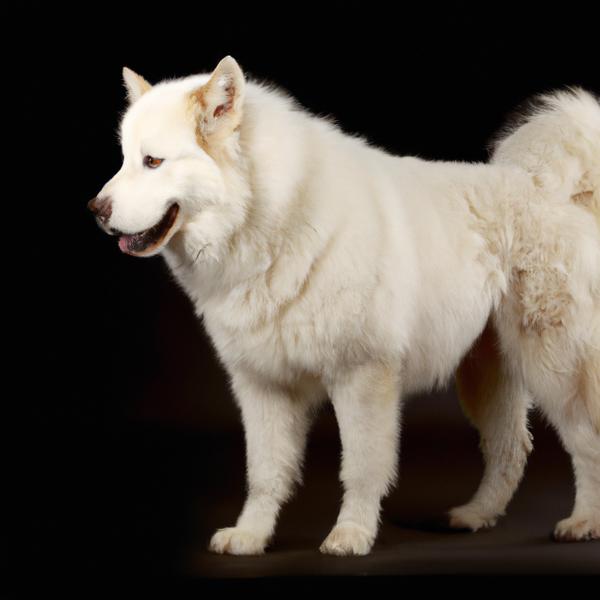
Pyrenees Husky
Doxie-Pit vs Pyrenees Husky
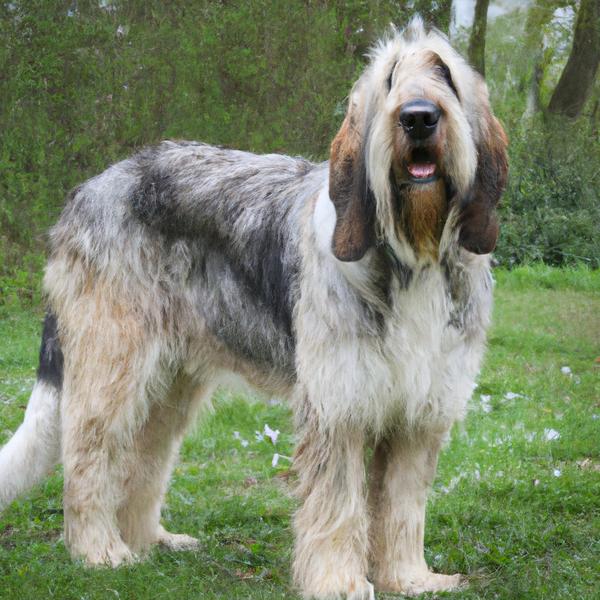
Grand Basset Griffon Vendeen
Doxie-Pit vs Grand Basset Griffon Vendeen
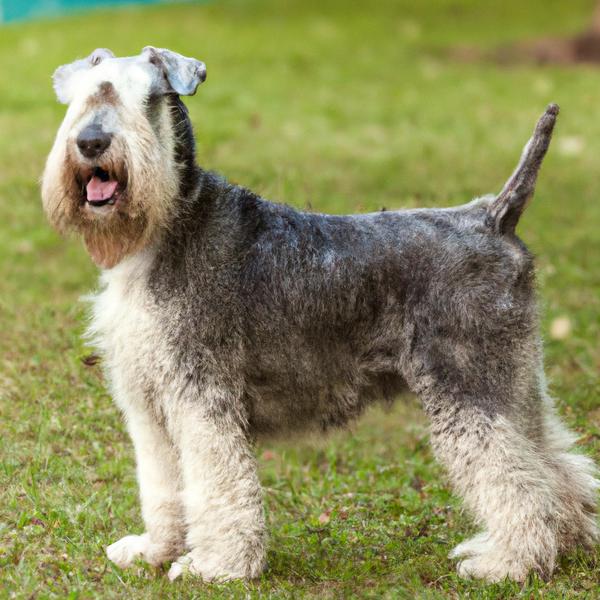
Sealyham Terrier
Doxie-Pit vs Sealyham Terrier
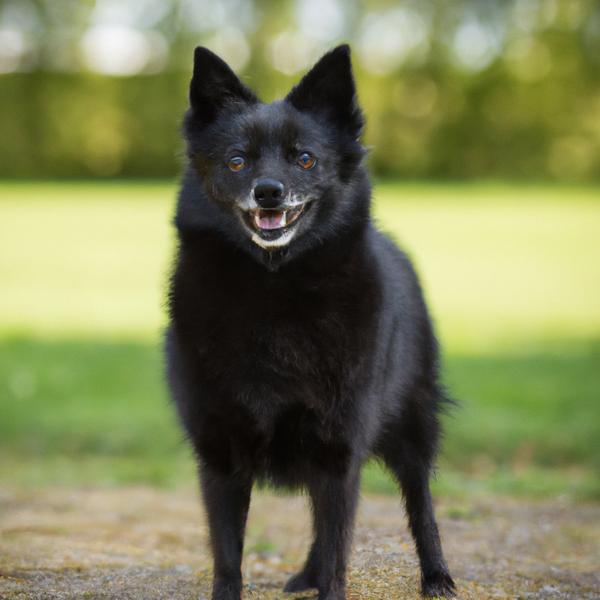
Schipperke
Doxie-Pit vs Schipperke
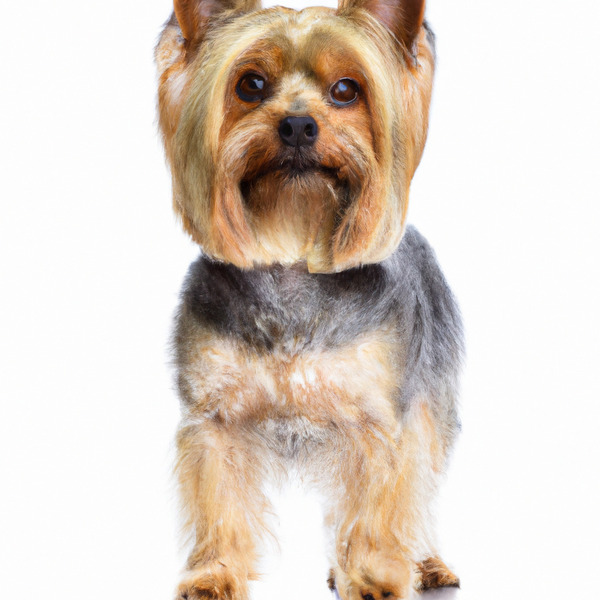
Yorkshire Terrier
Doxie-Pit vs Yorkshire Terrier
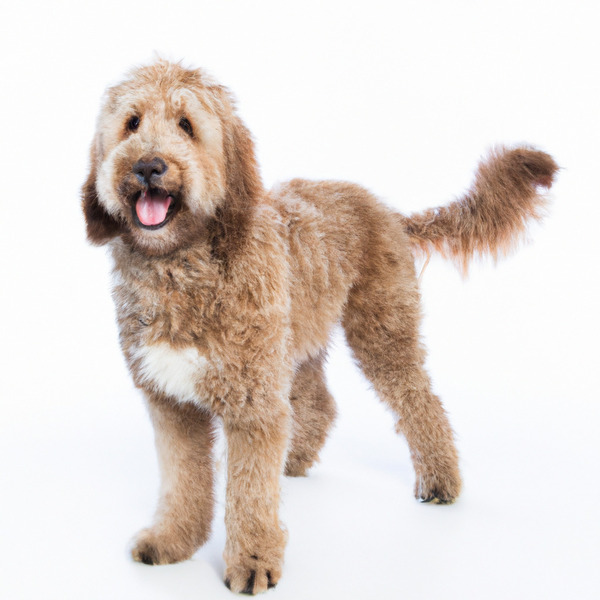
Bordoodle
Doxie-Pit vs Bordoodle
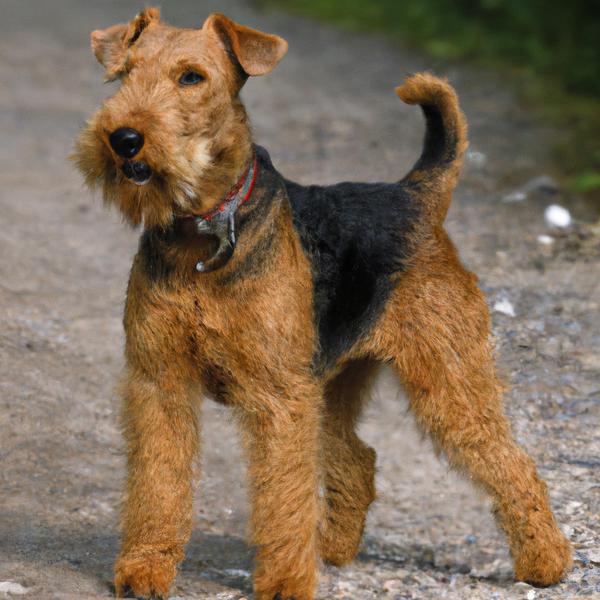
Welsh Terrier
Doxie-Pit vs Welsh Terrier
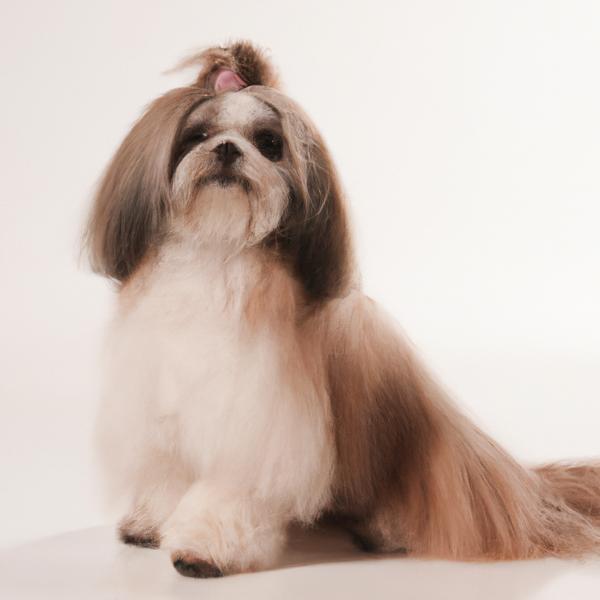
Toy Fo-Chon
Doxie-Pit vs Toy Fo-Chon
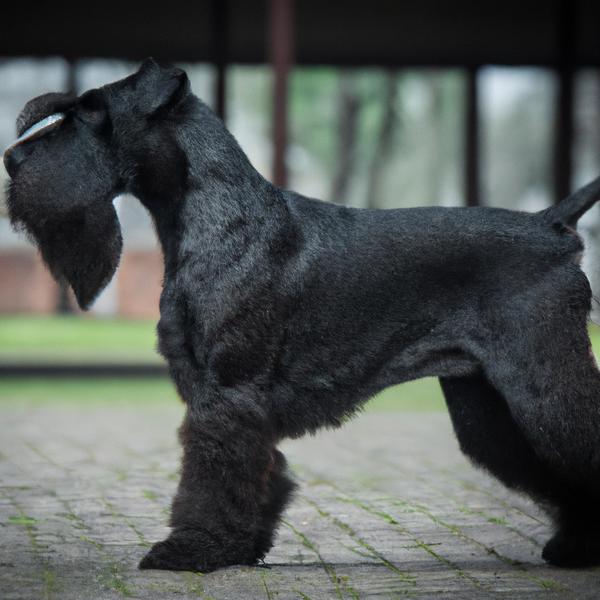
Giant Schnauzer Chin
Doxie-Pit vs Giant Schnauzer Chin
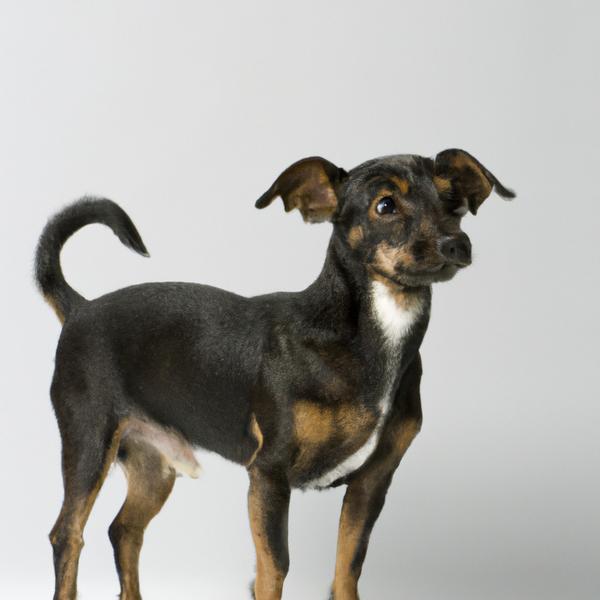
Chilier
Doxie-Pit vs Chilier
